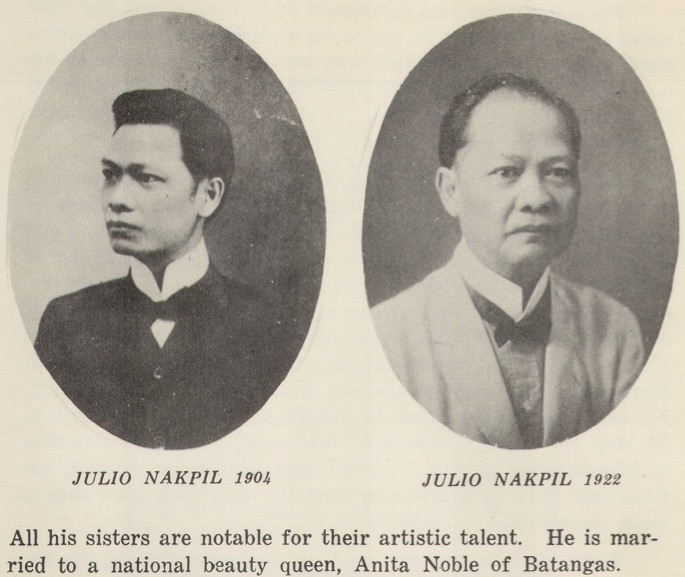UST RESEARCHERS have launched a project to rediscover, record and publish the works of Filipino nationalist composer Julio Nakpil.
The Julio Nakpil Music Project, under the UST Research Center for Culture, Arts and the Humanities (RCCAH), aims to carve the revolutionary musician a spot in the memory of the Filipino.
“Nakpil was an organic music intellectual who broke down stereotypes emancipating not only his people but also their music from the bonds of colonialism,” said RCCAH Director Assoc. Prof. Maria Alexandra Chua, head of the Julio Nakpil Music Project.
Nakpil, who fought alongside Katipuneros and Andres Bonifacio during the Philippine Revolution, was a self-taught pianist and composer, and was one of the first Filipinos to make a living out of music.
Among his best-known works are “Marangal na Dalit ng Katagalugan,” commissioned by Bonifacio, who intended it to be the national anthem.
Nakpil was also the composer of “Amor Patrio” and “Pahimakas,” dedicated to Jose Rizal, whom he highly regarded.
“His creative genius was no doubt revolutionary, and it is in his music that we witness the impulse to give birth to Filipino music,” Chua said.
In August, the Julio Nakpil Music Project Team presented a rendition of Nakpil’s “The Cry of Balintawak,” with former Conservatory of Music dean Raul Sunico playing the piece.
The project is part of RCCAH’s Salikha Creative Grant funded by the Commission on Higher Education and National Commission for Culture and the Arts, in cooperation with Bahay Nakpil-Bautista Foundation.
Nov. 2 marked the 60th anniversary of the composer’s death. Ma. Jasmine Trisha L. Nepomuceno














